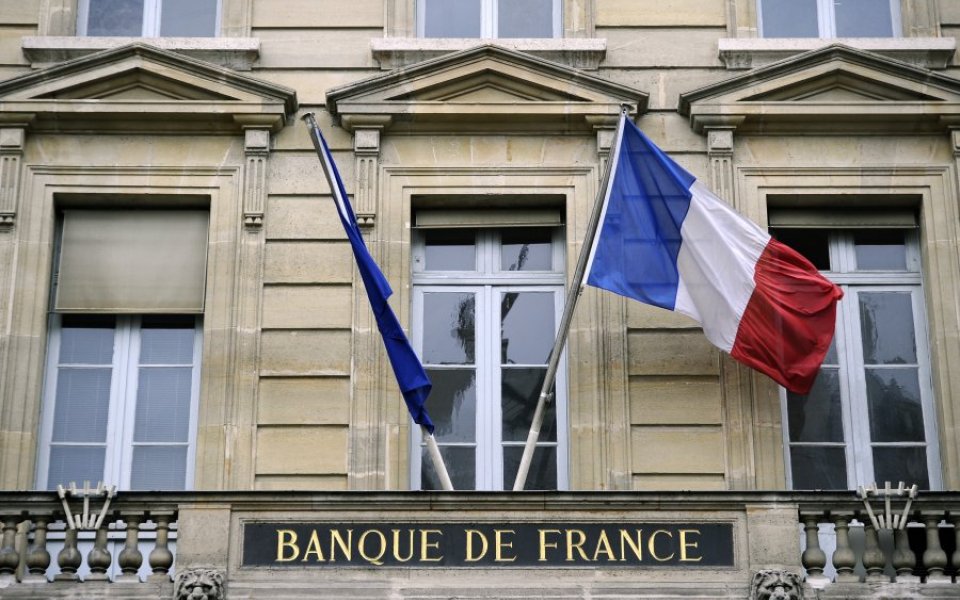A covert QE programme conducted by Eurozone national central banks since 2008? Draghi’s ECB is wrestling for answers after stockpiling revelations

From time to time, academic surveillance of the financial world produces very practical, policy-related outcomes.
Such is the case of a dissertation presented in early 2015 at Berlin Technology University, which investigated the ECB’s crisis policy measures since 2007.
It revealed that some national central banks – in particular, Banque de France, Banca d’Italia and Banco de Espagna – built up huge portfolios of non monetary policy assets, amounting to several hundred billion euros.
The German press took a keen interest in these findings, suspecting the three central banks of conducting a separate unauthorised QE programme. Significantly, none of the banks has seen fit to publish the composition of its portfolio. But it would be surprising, if the Banque de France had bought anything other than French government bonds.
However, ECB President Draghi, when confronted with the question on 3 December, appeared to be astonished by the revelation, and had to admit to being unaware of it.
It took some days before the ECB began to 'explain' to the public via its website, that an agreement on net financial assets between 19 Eurozone central banks would set rules for the practice of non-monetary policy portfolios. It added that in no case had National Central Banks been allowed to 'print money'.
Yves Mersh, the German-minded member of the ECB executive board, was immediately sent to mollify the German press, which seemed to remain unconvinced either by his explanation, or by obfuscation on the ECB‘s website.
The ECB continues to justify Banque de France’s huge bond purchases by hinting at Article 14.4 of the ECB‘s statutes. This allows National Central Banks to maintain their national prerogatives (including emergency liquidity assistance), providing that it is not vetoed by a two-thirds majority of the ECB's Governing Council.
As the power and authority of a central bank mainly depend upon its reputation, the Bundesbank did its utmost to amplify the debate and reiterated its request for immediate publication of ANFA (Agreement on Net Financial Assets). For the time being, the ECB has refused to do so, alluding to the 'technical character' of the agreement.
Unsurprisingly the German debate has not sparked off any public discussion in France. The French Republic seems to be not only under the threat of political takeover by right wing extremists, but financially in the firm grip of Banque de France, the greatest profiteur of the parallel QE programme.
The publication of ANFA will come sooner or later. But this is only the beginning of a wider debate on the accountability of Central Banks in general, and the legitimacy of the ECB‘s independent status in particular.